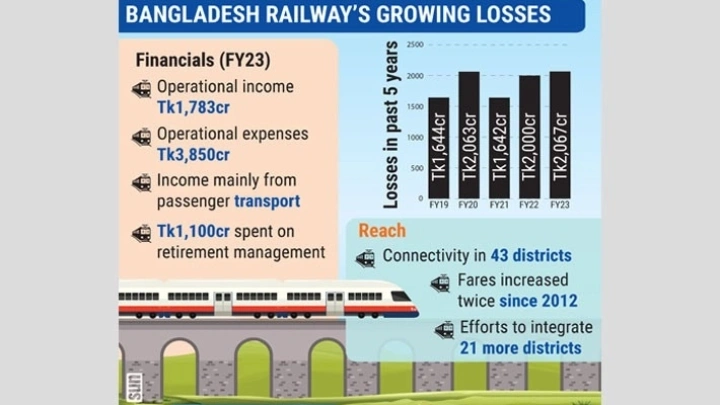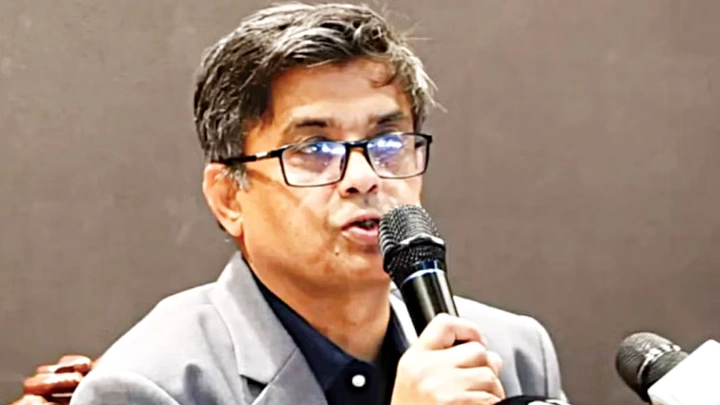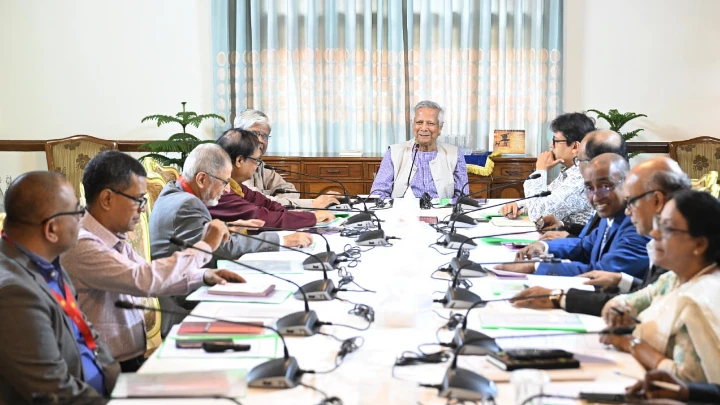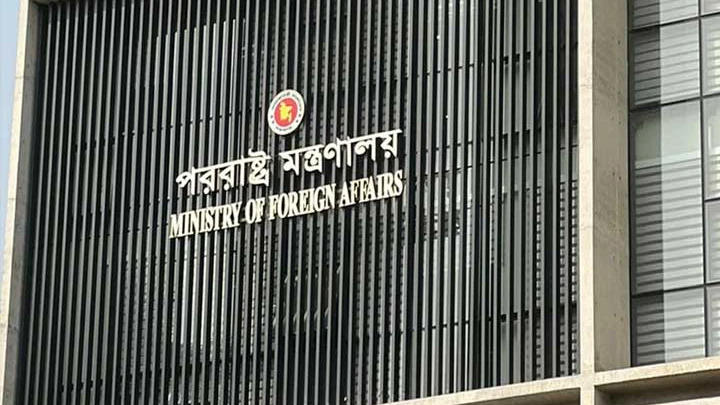Trains full of passengers, but coffers empty
DailySun || Shining BD
Even with a steady increase in ridership, operational costs of Bangladesh Railway continue to significantly outweigh revenue generation, leading to substantial losses.
This situation has prompted railway authorities to consider fare hikes, raising concerns for commuters.
According to railway data, the financial year 2023 (FY23) saw a stark difference between income and expenses. While total income reached Tk1,783 crore, operational expenses ballooned to Tk3,850 crore, resulting in a loss of Tk2,067 crore. This trend isn’t new, with losses steadily increasing from Tk1,644 crore in FY19.
Passenger transport remains the primary source of income for BR, supplemented by revenue from freight transportation, land leasing, catering services, and other avenues.
However, expenses paint a different picture. Train operations, maintenance of engines, coaches, and tracks, fuel costs, employee salaries, retirement management, and administrative expenses form the bulk of the financial burden.
An official from the Finance Department sheds light on a crucial factor: retirement management. Unlike other government institutions, the railway shoulders this expense, with costs reaching nearly Tk1,100 crore annually and rising steadily.
“The expenses of railway police, security forces, railway schools, and hospitals increase the total railway’s expenses. The expenses of various projects, such as the construction of new railway lines, also increase,” the official added.
The railway data indicates that the total railway track in the country is currently 3,553 kms. Among them, 1008 kms are broad gauge, 1,702 kms are meter gauge, and 842 kms are dual gauge.
The total land area of the railway is 61,820 acres, of which 30,286 acres are used for operational purposes while unauthorised occupation accounts for 2,401 acres.
Regarding the decline in railway revenue, Railway Minister Zillul Hakim informed the National Parliament on 15 February, saying, “Where the average daily income of passenger trains is around Tk3 lakh, the average income of a freight train is about Tk7-8 lakh. However, although more than 350 passenger trains are in operation, only 20-25 freight trains operate, resulting in a slight decrease in railway revenue.
“Rail connectivity exists in 43 out of the country’s total 64 districts. Efforts are underway to integrate the remaining 21 districts into the railway network,” he added.
Railway authorities said various challenges persist for the railway to return to profitability and provide quality passenger service.
These challenges include single-line corridors in critical corridors, limitations in bridge capacity, restricted capacity for passenger and freight transportation, inadequate railway network coverage, limited international railway connectivity, shortage of coaches and locomotives, maintenance issues with old signaling systems, constraints in revenue generation, insufficient funding for development projects and maintenance, outdated ticketing systems, limited human resources, and gauge unification efforts, he also said.
Md Hadiuzzaman, a transport expert and professor at BUET, said that land acquired by the railway should be used for transit-oriented development. Commercial establishments, including five-star hotels, should be built near stations to increase railway revenue.
He also mentioned the need to address various challenges facing the railway, such as single-line corridors, capacity constraints, and limited capacity for passenger and freight transportation.
Rail fares may hike
Railway fares have risen twice under the current government. In February 2016, fares went up by 7 to 9%, and there was also a hike in 2012. Yet, despite these increases, railway congestion persists.
Railway officials have started discussions again on increasing fares to make the railway profitable.
Railway sources say increasing fares has not reduced congestion or improved passenger service quality.
Furthermore, BR is considering imposing reservation charges for the sale of tickets for extra connected coaches, as well as distance-based fare adjustments and surcharges to improve services and revenue.
Shining BD























